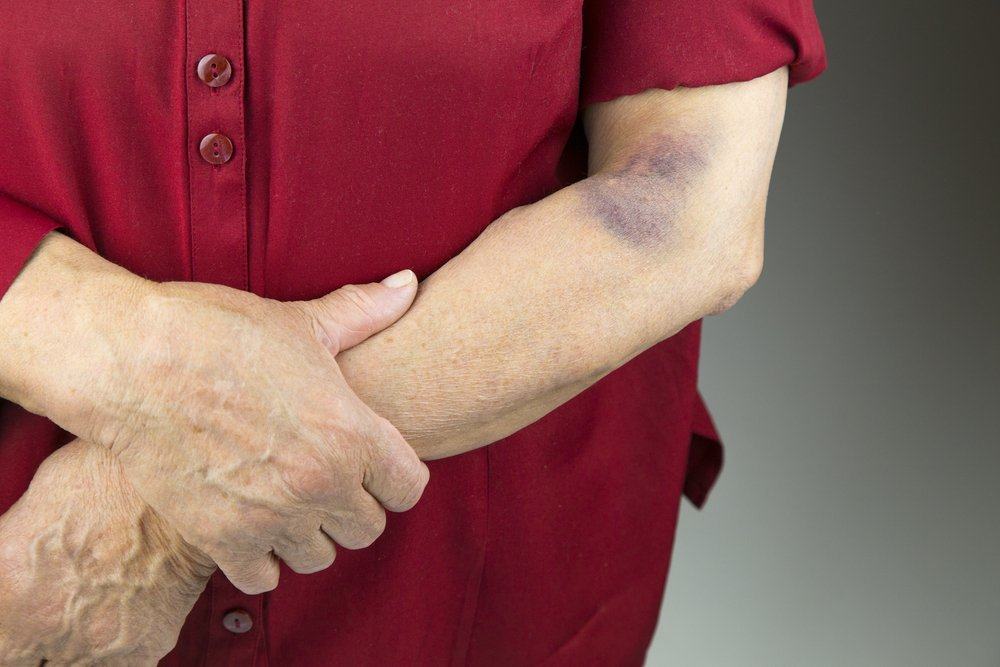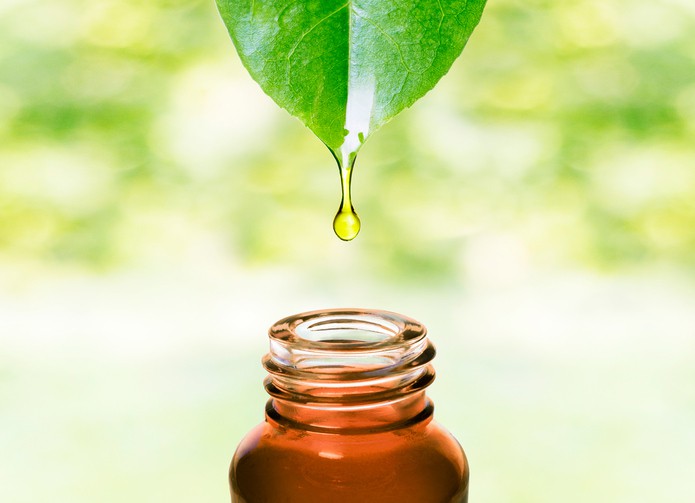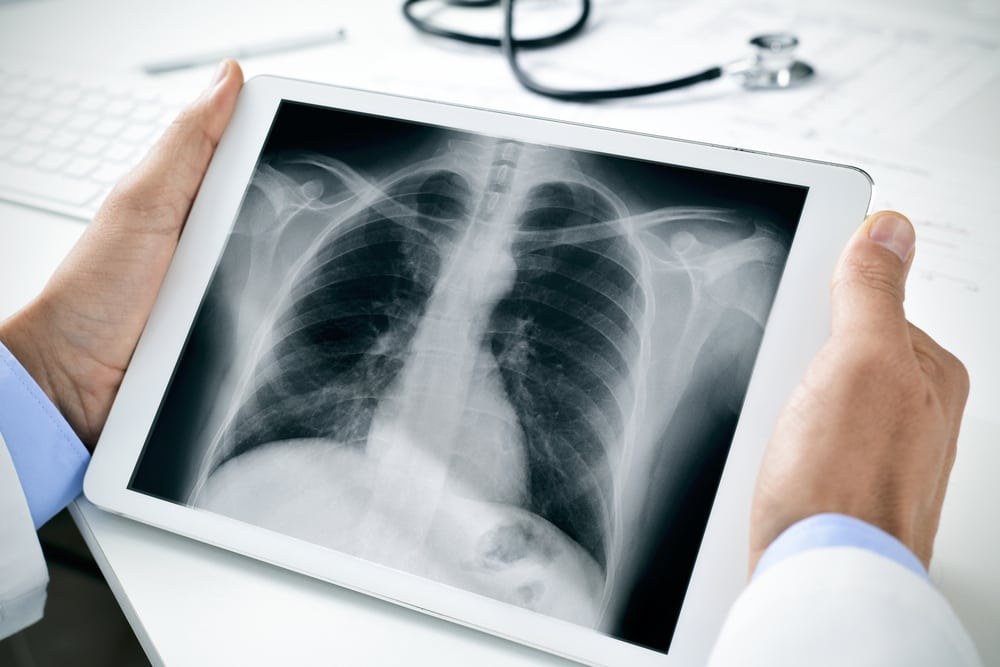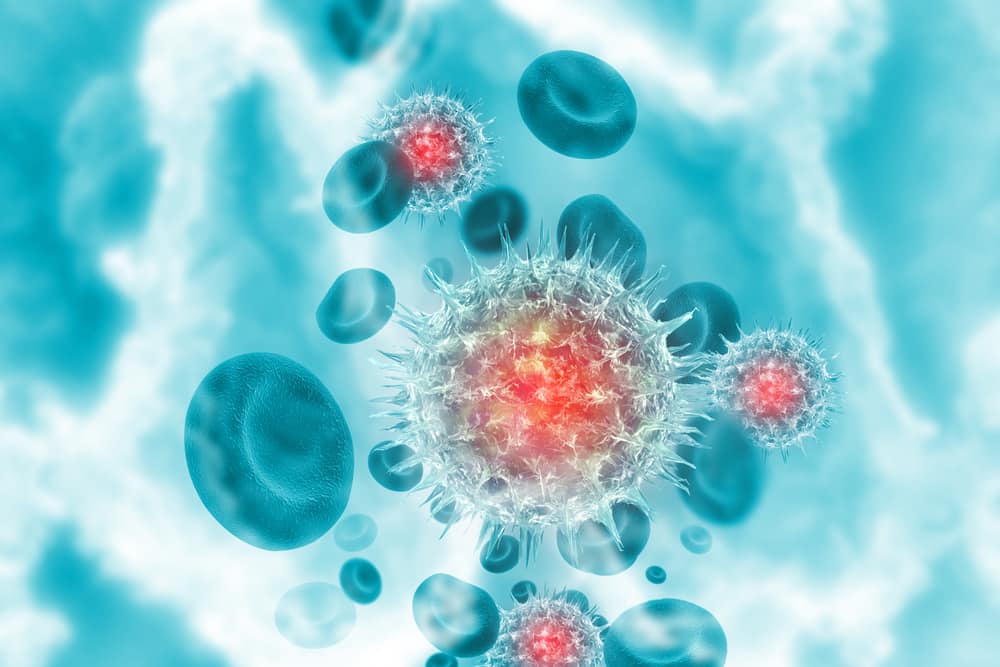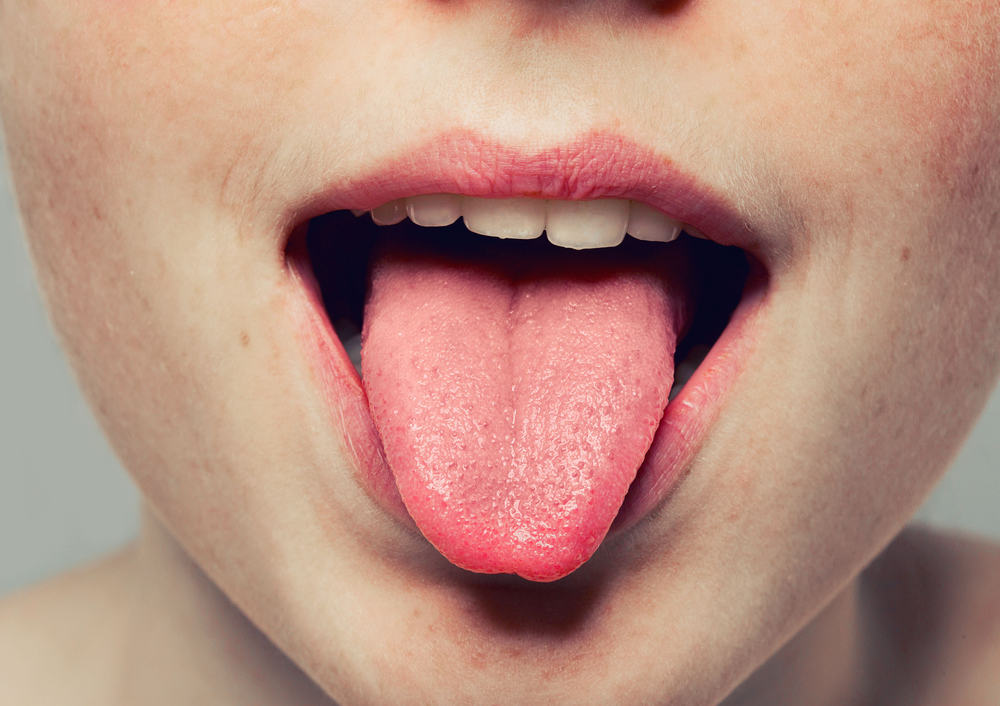Contents:
- Medical Video: Why Do Some People Bruise So Easily?
- Various causes of easy bruising
- 1. Aging
- 2. Leukemia
- 3. Hemophilia
- 4. Lack of blood
- 5. Sports or excessive physical activity
- 6. Consumption of drugs
- 7. Purpura dermatitis
- 8. Vitamin C deficiency
- 9. Type 2 diabetes
Medical Video: Why Do Some People Bruise So Easily?
Bruising is probably one of the conditions that are often underestimated by many people. The reason is, bruises can appear without you knowing why and will usually disappear without treatment. In fact, some people tend to be bruised more easily and it turns out that these symptoms cannot be underestimated. Bruising itself is a disorder of the skin that is indicated by the appearance of spots on the surface of the skin colored blue or purple black. This happens because very small capillary arteries suffer damage or injury so that red blood cells seep out. In the world of medicine, this disorder is known as contusio.
Various causes of easy bruising
If you are among those who easily experience bruises, especially without obvious reasons such as collisions, you may need to be careful. Easy bruising is a risk that indicates the symptoms of a particular disease, especially if the bruising that appears is accompanied by other complaints. To find out the cause of your bruising easily, pay attention to the following conditions.
1. Aging
The age factor can be one of the reasons you easily bruise. The more you age, the skin will lose more fat layer that can protect you from collisions. The skin becomes thinner because collagen production begins to decline. As a result, your skin becomes more sensitive. You don't have to hit hard enough until the bruise appears, just a little nudge may have caused bruising so you don't realize where the bruise came from.
2. Leukemia
This cancer attacks red blood cells. One of the symptoms caused is the appearance of bruises on the body, such as on the back. This happens because people with leukemia lack blood clots. This blood platter is responsible for turning blood from liquid into a clot. Therefore, people with leukemia are very easy to bleed and bruise because of the very thin blood. Leukemia is one type of cancer with a relatively low life expectancy, especially if it is late detected or not immediately addressed.
3. Hemophilia
Hemophilia is a hereditary disease that causes a person's blood is very difficult to clot because of a lack of certain types of protein. In every hemophilia sufferer, the level of seriousness varies. There are some people who easily bruise without cause, but there are also those who are easily bruised if their body nudges or bumps into something. This disease is rare in Indonesia. According to the Indonesian Hemophilia Foundation, the prevalence is only 4 out of 1 million people. However, hemophilia can be life threatening.
4. Lack of blood
The condition of a person lacking blood platelets is called thrombocytopenia. Usually in a healthy state, you will accommodate around 150,000 to 450,000 pieces of blood (platelets). If your platelet count is below that range, you experience thrombocytopenia. This condition can be caused by various things, such as anemia, viral infection, excessive alcohol consumption, leukemia, chemotherapy drugs, pregnancy, and heredity. If you experience thrombocytopenia, you tend to have bruises or rashes on the skin because runny blood easily seeps out of the capillary arteries.
5. Sports or excessive physical activity
When you force the muscles to work excessively, for example when you exercise hard, blood vessels can break and bruises arise on the skin. Usually this happens to people who often lift heavy loads. Muscle fibers that are torn due to excessive physical activity can also cause bruising. In addition, when you are exercising or engaging in intense activity, you may unconsciously experience a collision with a blunt object.
6. Consumption of drugs
Certain types of drugs can cause you to bruise easily. Aspirin, an anticoagulant drug (preventing blood clots), prednisone, birth control pills, and antiplatelet drugs can increase the risk of bruising on the skin. This is because these drugs have the effect of weakening the walls of blood vessels. To avoid these side effects, you should consult your doctor's condition before taking certain drugs.
7. Purpura dermatitis
Disturbances in blood vessels are generally found in the elderly (elderly). Reddish purple bruises will appear, especially on the surface of the shin skin. This happens because blood seeps out of the capillary arteries. In some elderly, bruises that appear can be accompanied by itching.
8. Vitamin C deficiency
Scurvy is caused by a lack of vitamin C. One of the effects of vitamin C deficiency is the weakening of the walls of blood vessels so that you become easier to experience bleeding and bruising without any apparent reason. Collagen production will also be inhibited and your skin will be more sensitive to trauma caused by blows or collisions.
9. Type 2 diabetes
Diseases that usually occur when a person has nowadays are also known as diabetes. To control blood sugar levels in the body, doctors usually recommend injecting insulin. This is at risk of causing insulin resistance. One of the symptoms is bruising due to damaged blood vessels. In addition, bruises experienced by diabetics are more difficult to heal, so there can be many bruises on your body.
READ ALSO:
- Differentiating Normal Flies and Skin Cancer Moles
- Anemia in Chronic Kidney Disease
- Why do high homocysteine levels affect blood vessels?

